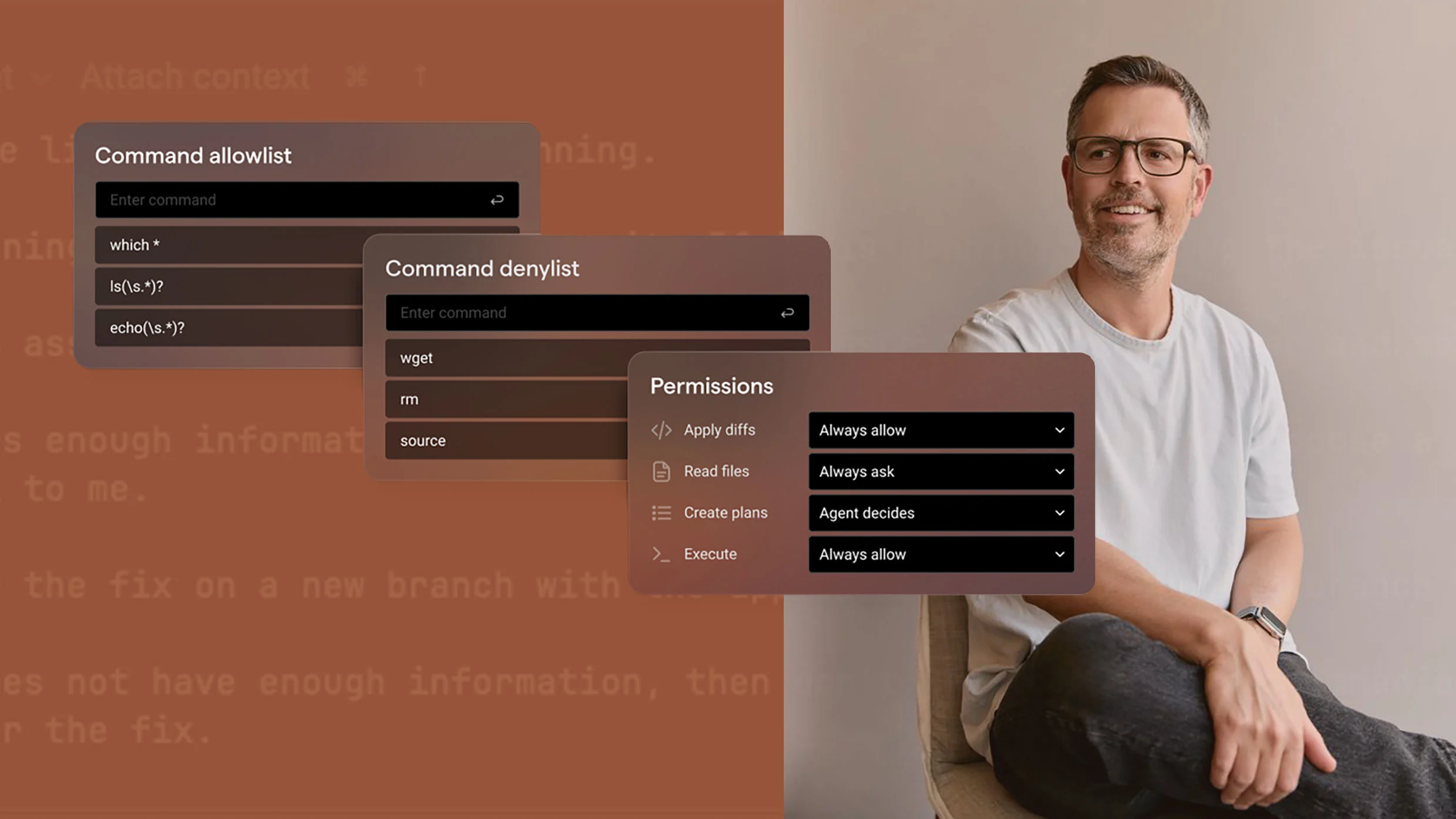In an unsettling trend, scammers are leveraging artificial intelligence (AI) to craft meticulously deceptive appearances and fraudulent profiles to secure remote job positions, as recent research has revealed.
A Growing Threat
AI has paved the way for scammers to execute identity deceit at nearly every stage of the job application process, enabling them to disguise their true identities effectively. With AI, they can generate convincing fake resumes, professional-grade headshots, impressive websites, and even fabricated LinkedIn profiles. These tools combined create the illusion of a perfect candidate in the eyes of a hiring manager.
Once these so-called candidates infiltrate an organization, the repercussions can be severe, from stealing sensitive company secrets to injecting malware into systems. While identity theft is not new, AI has dramatically scaled the operations of scammers, exacerbating the problem. By 2028, research by Gartner anticipates that one in four job applicants could be fake, made possible through AI.
Uncovering the Deception
A viral LinkedIn post exposed an interview with an AI-generated job seeker. Dawid Moczadlo, co-founder of cybersecurity firm Vidoc Security, shared the clip after realizing the alarming scenario. During an interview, Moczadlo suspected AI manipulation and posed a simple test: “Can you take your hand and put it in front of your face?” The candidate’s refusal to comply confirmed the AI-generated deception, prompting Moczadlo to terminate the interview immediately.
Moczadlo disclosed that the software utilized by the scammer appeared rudimentary, suggesting that covering facial features might disrupt the AI’s deepfake algorithms. This incident was the company’s second encounter with an AI-generated candidate, urging Vidoc Security to revamp its hiring process. They now mandate potential employees to attend in-person interviews, covering travel expenses and compensating for a full day’s work.
Patterns of Fraud
These scams are not one-off occurrences. The U.S. Justice Department has identified multiple fraud networks involving North Koreans using fictitious identities to secure remote U.S. jobs. Often employing AI for crafting these fake identities, they funnel millions annually to the North Korean Ministry of Defense and the country’s nuclear programs. Moczadlo noted similarities between Vidoc Security’s encounter and the North Korean fraud patterns, though investigations are ongoing.
Staying Vigilant
In response to these concerning developments, Vidoc Security’s co-founders have developed a guide aimed at aiding HR professionals in detecting fraudulent job applicants. They have also distilled a set of best practices for safeguarding against such scams:
- Examine LinkedIn Profiles Carefully: Scrutinize the creation date of profiles and ensure connections align with stated employment histories.
- Cultural Tests: Ask questions about local customs or hotspots that only someone genuinely familiar with the area would know.
- Insist on In-Person Interactions: Despite technological advancements, face-to-face meetings offer the most reliable confirmation of identity.
For further insights and updates on tackling the rising threat of AI-driven scams, consider subscribing to aitechtrend.com.
Note: This article is inspired by content from CBS News. It has been rephrased for originality. Images are credited to the original source.








